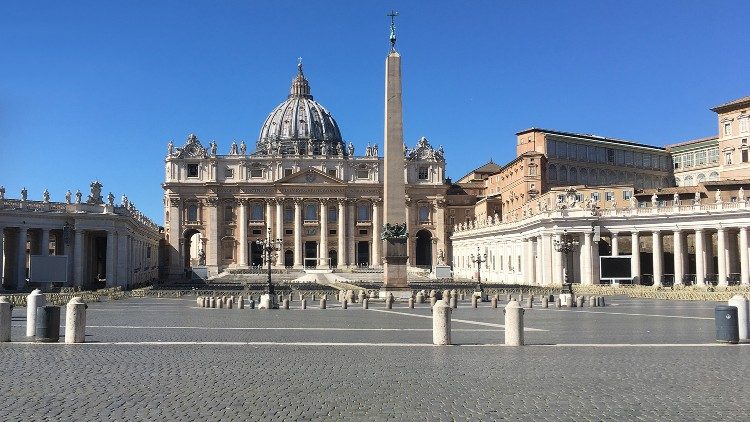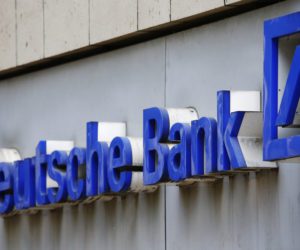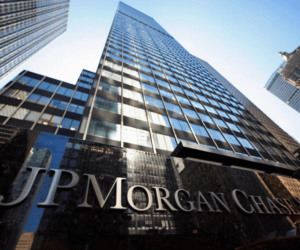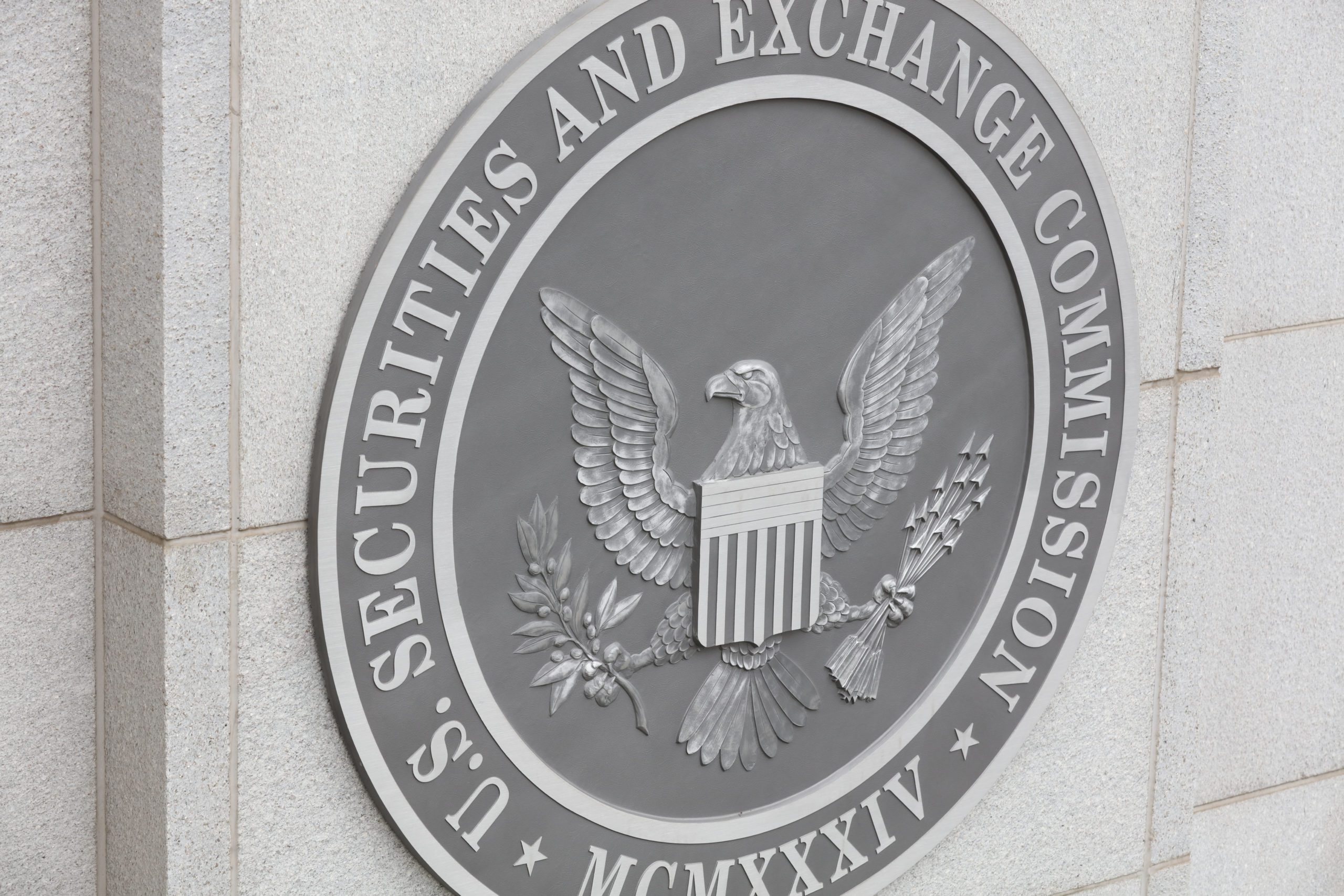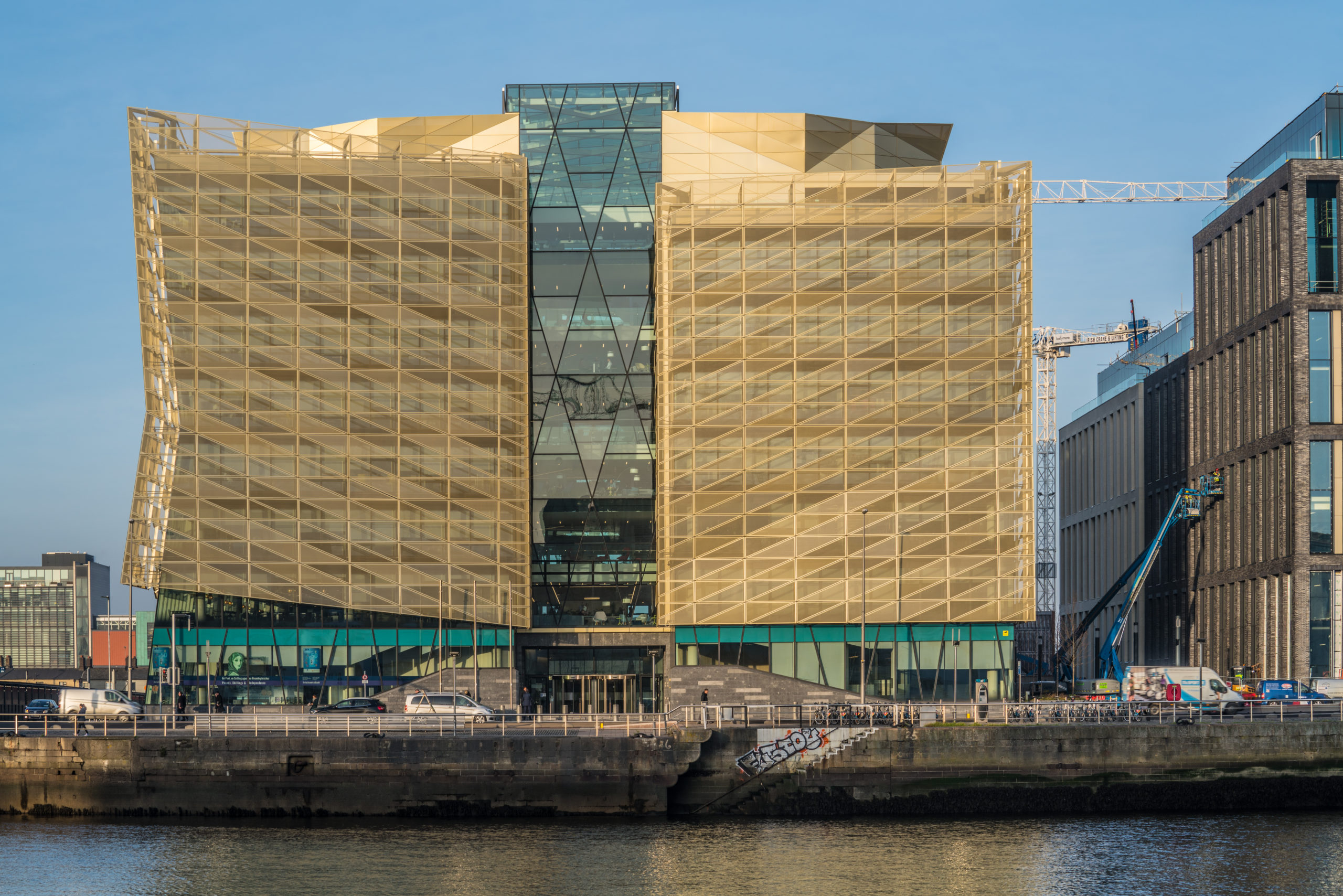By Stephen Rae for AMLi
REACTION was swift Saturday afternoon when AMLi reported how Pope Francis had announced a revamp of Vatican’s much criticised anti-money laundering regime.
A new Supervisory and Financial Information Authority (ASIF) will have “supervision aimed at the prevention and countering of money laundering and the financing of terrorism,” the Vatican said. It follows decades of scandal, dodgy deals and secrecy under the cloak of Canon Law.
Here’s some of the reaction:
JOHN CUSACK, Chair of Global Coalition to Fight Financial Crime commented: “I remember doing due diligence on the Vatican Bank some time ago – when I reviewed the due diligence questionnaire and met with representatives the answer to the question around adequate supervision was that they were subject to the ultimate supervisor (with omnipotent powers) – that was a pretty unique response but not a good enough answer and to be fair they have tried for many years to get this right and introduced a tiered approach including oversight.
“Whilst anything that happens with the Vatican makes news as a State it’s GDP is tiny and any illicit activity is relatively small though for obvious reasons there really ought to be a zero tolerance standard here at least that is possible as an ambition,” John wrote on AMLi’s LinkedIn page.
TOM KEATINGE, Director, Centre for Financial Crime & Security Studies at RUSI said on AMLi LinkedIn: “I have the sense that the Vatican announcing major revamps of its AML department is a perennial occurrence… has anyone got a handy timeline of the various announcements over recent years?”
JIM RICHARDS, Founder and Principal of RegTech Consulting LLP remarked: “This is actually sad. The Vatican has an AML problem? Indeed, it’s always had an AML problem … I’ve got a problem that it has a problem. Of all the institutions on the planet, that is one that shouldn’t have such a problem. Just saying …”
LINDSAY Y.W. CHAN, an International AML/CFT consultant said: “Will be interesting to see the MER of the Vatican by MONEYVAL. That said, no way they ever going to end up in the ICRG.”
CARMELO BARBAGALLO, ASIF’s president, told Vatican News that the addition of the word “Supervisory” enabled the agency’s name “to be aligned with the tasks actually assigned to it.”
He noted that, in addition to carrying out its original functions of gathering financial intelligence and combating money laundering and the financing of terrorism, the agency had also supervised the Institute for the Works of Religion, or “Vatican bank,” since 2013.
The former Italian Central Bank official said that the new unit would handle all legal issues, including regulation. “The tasks of defining the rules have been separated from those of exercising controls,” he said.
BLOOMBERG reported: “Pope Francis has boosted the supervisory powers of the Vatican’s financial intelligence and anti-money laundering unit, the latest salvo in his push to turn the page on money scandals.
“Francis has issued edicts to reform Vatican finances in the wake of scandals including over a London property deal involving losses of between £66 million and £150 million. His attempts, which have multiplied in the past year, have met with resistance from officials in the Curia, the bureaucracy that runs the Roman Catholic Church.”
MOST HUMOROUS COMMENT came from DAVID ROBSON FICA who posted on AMLi LinkedIn in relation to Vatican finances: “Now that really is a #UBO.”
CATHOLIC NEWS AGENCY reported: “The watchdog will have to consult a body known as the Independent Evaluation Commission for the Recruitment of Lay Personnel to the Apostolic See, known by its Italian acronym, CIVA.
“Barbagallo said this would ensure ‘a more extensive selection of candidates and a greater control in hiring decisions, avoiding the risk of arbitrariness.'”
“The approval of the new statutes marks the end of a year of upheaval for the agency. At the start of 2020, the authority was still suspended from the Egmont Group, through which 164 financial intelligence authorities worldwide share information.
“The agency was suspended from the group on Nov. 13, 2019, after Vatican gendarmes raided the offices of the Secretariat of State and the AIF. This was followed by the abrupt resignation of René Brülhart, the authority’s high-profile president, and the appointment of Barbagallo as his replacement.
“Two prominent figures, Marc Odendall and Juan Zarate, then resigned from the AIF’s board of directors. Odendall said at the time that the AIF had been effectively rendered ‘an empty shel’” and that there was ‘no point’ in remaining involved in its work.
“The Egmont Group reinstated the AIF on Jan. 22 this year. In April, Giuseppe Schlitzer was appointed director of the agency, succeeding Tommaso Di Ruzza, who was one of five Vatican employees suspended after the raid.
“During an inflight press conference in November 2019, Pope Francis criticized the AIF under Di Ruzza, saying that ‘it was AIF that did not control, it seems, the crimes of others. And therefore [it failed] in its duty of controls. I hope that they prove it is not so. Because there is, still, the presumption of innocence.’”
“The watchdog authority issued its annual report in July. It disclosed that it had received 64 suspicious activity reports in 2019, 15 of which it forwarded to the Promoter of Justice for possible prosecution.
“In its annual report, it hailed “the rising trend in the ratio between reports to the Promoter of Justice” and cases of suspicious financial activity.
“The report came ahead of a scheduled inspection by Moneyval, the Council of Europe’s anti-money laundering watchdog, which has put pressure on the Vatican to prosecute breaches of financial regulations.
“Speaking after the release of the AIF’s annual report, Barbagallo said: “Several years have gone by since Moneyval’s first inspection of the Holy See and Vatican City State, which took place in 2012. During this time span, Moneyval has remotely monitored the many advances made by the jurisdiction in the fight to prevent money laundering and the financing of terrorism.”
“ ‘As such, the upcoming inspection is especially important. Its outcome may determine how the jurisdiction is perceived by the financial community.’
A report based on the inspection is scheduled for discussion and adoption at a plenary meeting of Moneyval in Strasbourg, France, on April 26-30, 2021.

